Search
Search within Ebola
208 results found
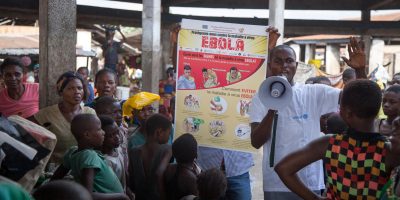
Briefings
Health-Seeking Behaviours in Équateur Province, DRC
Key socio-cultural considerations concerning health beliefs and health-seeking behaviour.
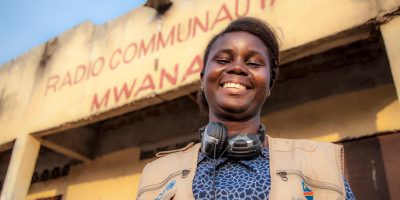
Briefings
The Context of Équateur Province, DRC
Key considerations about the context of Équateur Province, including climate, infrastructure and politics.
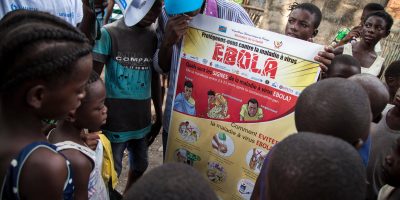
Evidence Reviews
Burial, Funeral and Mourning Practices in Équateur Province, DRC
Key socio-cultural considerations concerning events related to death, burial, funerals (rites or ceremonies), and mourning.
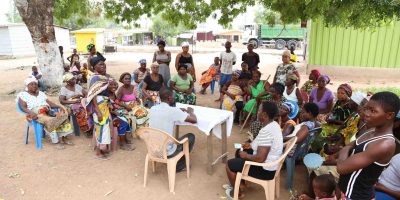
Background Reports
“We Know Who is Eating the Ebola Money!”: Corruption, the State, and the Ebola Response
Sierra Leonean production of knowledge about Ebola was, in large part, production of knowledge about “who ate the Ebola money.” This article traces people’s responses to the Ebola crisis through a number of different moments, at each point reflecting on…

Background Reports
Use of SMS-Based Surveys in the Rapid Response to the Ebola Outbreak in Liberia: Opening Community Dialogue
During an emerging health crisis like the 2014 Ebola outbreak inWest Africa, communicating with communities to learn from them and to provide timely information can be a challenge. Insight into community thinking, however, is crucial for developing appropriate communication content…
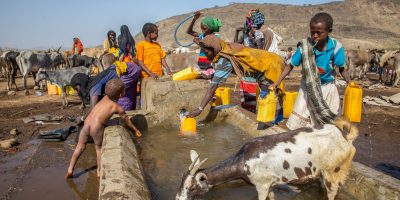
Background Reports
Unintended Consequences of the ‘Bushmeat Ban’ in West Africa during the 2013-2016 Ebola Virus Disease Epidemic
Following the 2013-2016 outbreak of Ebola virus disease (EVD) in West Africa, governments across the region imposed a ban on the hunting and consumption of meat from wild animals. This injunction was accompanied by public health messages emphasising the infectious…
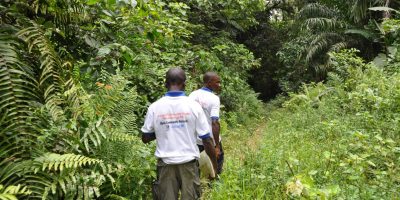
Background Reports
Understanding Social Resistance to the Ebola Response in the Forest Region of the Republic of Guinea: An Anthropological Perspective
Why did Ebola response initiatives in the Upper Guinea Forest Region regularly encounter resistance, occasionally violent? Extending existing explanations concerning local and humanitarian “culture” and “structural violence,” and drawing on previous anthropological fieldwork and historical and documentary research, this article…

Briefings
Risk Communication and Community Engagement (RCCE) Considerations: Ebola Response in DR Congo
This document was developed by the WHO’s Health Emergencies Programme as a resource for the response to the outbreak in DR Congo in May 2018. It is intended to be used to guide risk communication and community engagement (RCCE) work…
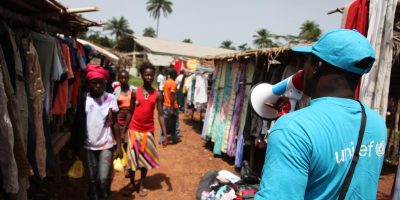
Background Reports
Addressing Ebola-related Stigma: Lessons Learned from HIV/AIDS
Many stigmatizing attitudes and behaviors directed towards those with EVD are strikingly similar to those with HIV/AIDS but there are significant differences worthy of discussion. Both diseases are life-threatening and there is no medical cure. Additionally misinformation about affected groups…
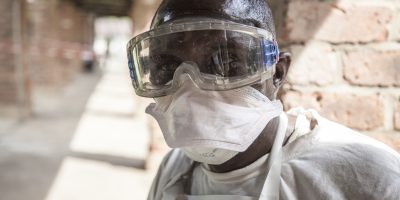
Evidence Reviews
Socio-Cultural Considerations for Vaccine Introduction and Community Engagement
Key considerations and immediate recommendations, particularly for community engagement, in May 2018 for the Ebola outbreak in DRC.
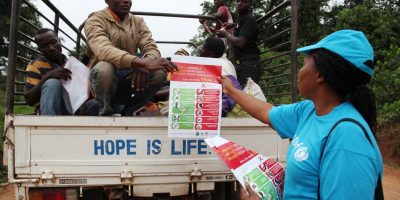
Evidence Reviews
Rapid Qualitative Research Methods During Complex Health Emergencies: A Systematic Review of the Literature
The 2013-2016 Ebola outbreak in West Africa highlighted both the successes and limitations of social science contributions to emergency response operations. An important limitation was the rapid and effective communication of study findings. A systematic review was carried out to…
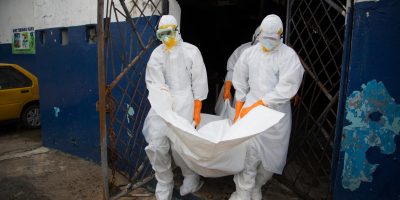
Evidence Reviews
Estimating the Number of Secondary Ebola Cases Resulting from an Unsafe Burial and Risk Factors for Transmission during the West Africa Ebola Epidemic
Safely burying Ebola infected individuals is acknowledged to be important for controlling Ebola epidemics and was a major component of the 2013–2016 West Africa Ebola response. Yet, in order to understand the impact of safe burial programs it is necessary…


